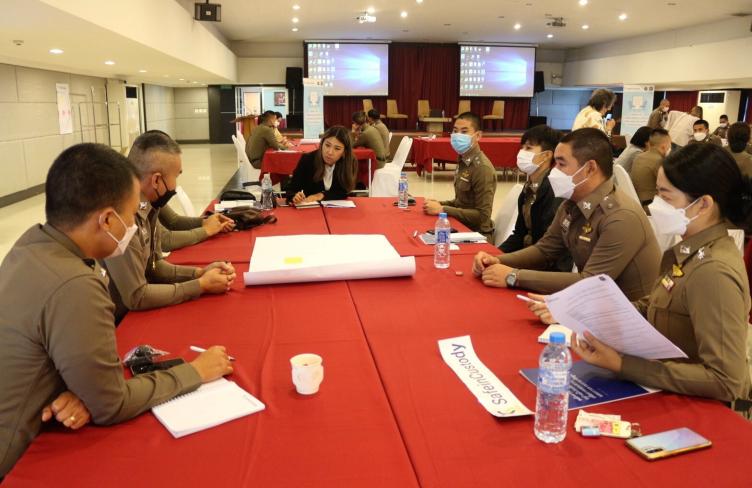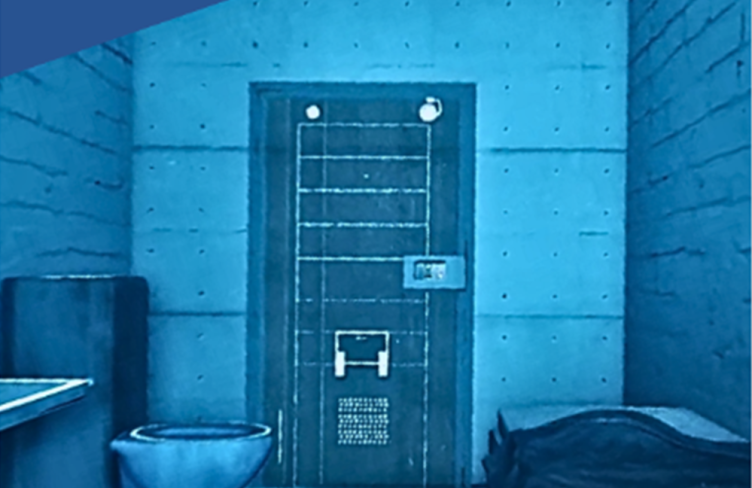
After 14 years in detention, much of it in solitary confinement, the last British detainee in Guantanamo Bay, Shaker Aamer, is now on his way back to the United Kingdom.
While he was never tried for an offence, he was accused—partly based on evidence obtained by the torture of his fellow detainees—of working for al-Qaida. Aamer has always claimed to be innocent and insists that he was working for an Islamic charity when he was captured by the Northern Alliance and handed to US forces in 2001.
In addition to his prolonged detention without trial, among the most troubling aspects of the case is that he claims to have been beaten by US interrogators and that, on at least one occasion, British officials were present while interrogators “banged his head against a wall.”
We may never know exactly what happened or the extent of the involvement by the UK intelligence and security services. We may never know because independent, democratic oversight of the UK intelligence services is woefully underpowered.
It is underpowered when it comes to overseeing domestic spying but the situation only gets worse when international cooperation is concerned, as it is in this case.
In particular, when UK and international agencies make agreements, the law does not stipulate that a minister needs to approve them or that they first need to be seen by an outside review body. The law also says nothing about protecting the interests of UK citizens where they are affected by international deals made between spy agencies.
It gets worse: in the UK, agencies can use international cooperation as a way to avoid the (already inadequate) controls in domestic law.
There are also no clear safeguards on what kinds of information can be shared and for what purpose, beyond the legally fuzzy language that describes the broad aims of the services. And if staff observe wrongdoing, there is no statutory process that they can use to blow the whistle.
Aamer is almost home but the issues raised by his case remain unresolved. We have seen, after over forty years of work, that preventing torture requires transparency and oversight of places of detention and the systems around them. On the national level, enormous progress has been made. However, as States cooperate more and more and misuse the fact that something happens overseas as a way to avoid or subvert the gaze of oversight, our democratic institutions must respond to better control them.


